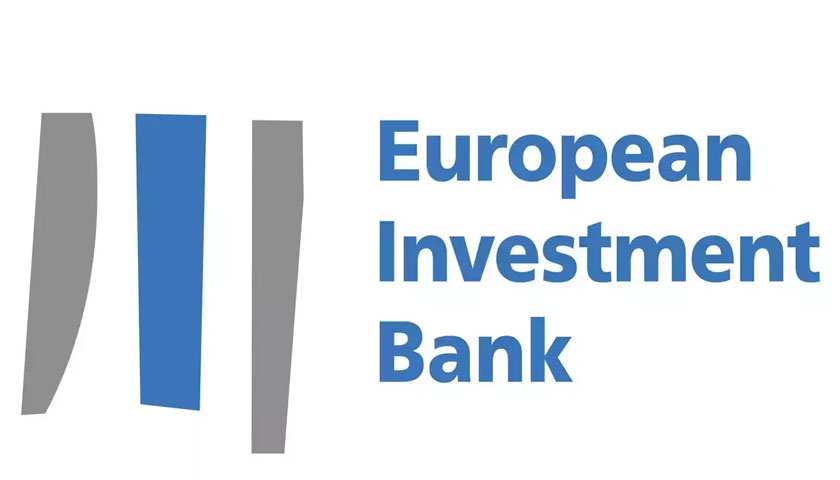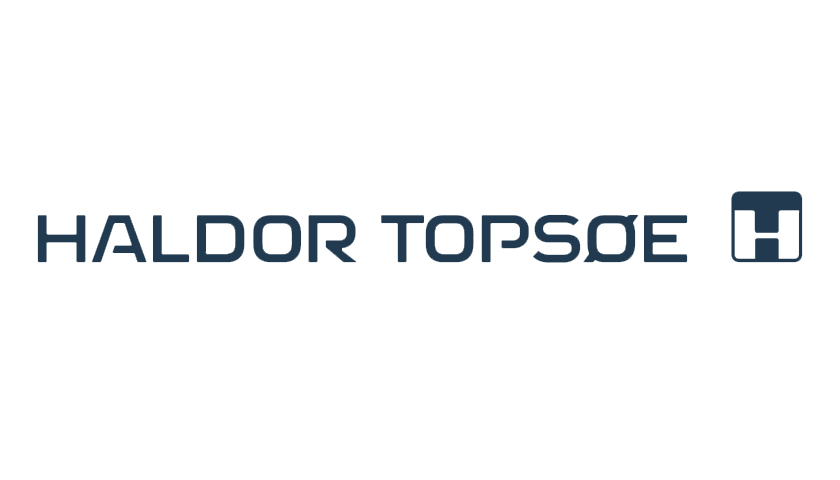Volkswagen AG is donating €10 million for European sustainability projects under an agreement entered into with the European Investment Bank (EIB). A decisive criterion in the selection of the projects was their proven experience in major environmental protection measures. The future of sustainable mobility was a further key factor.
The donations are being made under an agreement between the EIB and Volkswagen AG as part of commitments made in connection with the diesel crisis. In 2009, the EIB granted the Volkswagen Group a loan that was repaid in full in February 2014. Among other things, the loan concerned funds for the development of diesel engines. In the agreement with the EIB made in December 2018, Volkswagen AG voluntarily undertook to spend a total of €10 million on environmental and sustainability projects as part of its commitment to sustainability. The projects were selected in consultation with the EIB.
Ralf Pfitzner, Head of Sustainability at Volkswagen AG, commented: “We are specifically focusing on projects that foster environmental stewardship and mobilize a spirit of research and entrepreneurship for climate protection. We are aiming for practical results and want to promote biodiversity as well as carbon sinks to protect our natural resources. Furthermore, we wish to create space for ideas that have great potential for taking industry forward towards a carbon-free economy.”
Overview of the projects:
Repairing storm damage in Spain’s Ebro Delta
Project partner: SEO/BirdLife Spain
Donation: €1 million
In the winter of 2020, Storm Gloria wreaked havoc in the Ebro Delta in Spain. Seawater flooded the wetland areas in the extensive natural park. The “Riet Vell” nature reserve is part of this sensitive ecosystem. It has organic rice fields, reed beds and salt flats, and is also a breeding and resting place for an enormous variety of birds. With its donation, Volkswagen is supporting the work of Spain’s oldest nature conservation organization, SEO/BirdLife Spain. The organization is committed to repairing the storm damage in the “Riet Vell” nature reserve. Through this, they will also restore important areas that mitigate the effects of climate change – sea-level rise, flooding and costal erosion. Furthermore, the biodiversity of the Riet Vell reserve will be further increased. SEAT is the main partner of this project in Spain.
UNESCO Biosphere Reserves in Spain, Poland and Germany
Project partner: UNESCO
Donation: € 2 million
UNESCO’s “Man and Biosphere” (MAB) Programme promotes the integration of people and nature for sustainable development world-wide in biosphere reserves. There are currently 714 UNESCO Biosphere Reserves located in 129 countries. With its donation, Volkswagen is supporting three reserves in Spain (Bardenas Reales, La Rioja, Ordesa Viñamala) and one each in Poland (Puszcza Kampinoska) and Germany (Schaalsee).
Support is forthcoming for projects on sustainable mobility in tourism, and to improve water supply. By providing support to preserve natural biodiversity in wetlands and to restore peat bogs, a contribution is made for protection of the climate. A further focus is the education for sustainable development.
Water, Landscape and Biodiversity: Conversion of Barnbruch woodland
Project partner: Niedersächsische Landesforsten
Donation: €1 million
The restoration of ecological connections between woodland, water, soils and biodiversity in a former drained landscape is the aim of this cooperation project with Niedersächsische Landesforsten (Lower Saxony State Forest enterprise). The Barnbruch woodland is located not far from Volkswagen’s main plant in Wolfsburg. Parts of this woodland belong to the most valuable ecological lowland areas in the region.
The project will also bring benefits for the workforce at the plant and the general public. Through forest-, water- and countryside days together with field trips, they can experience the transformation of the woodland for themselves.
In total, ten hectares of managed forest are to be developed with support from Volkswagen. They will be monitored and sustainably managed as an example for local climate-buffers.
Two new processes for resource-saving recycling of battery metals
Project partners: Fraunhofer Institute for Surface Engineering and Thin Films IST, Technische
Universität Braunschweig. Donation: €2 million
A functioning circular economy in battery production is the key factor for the ecological and economic success of e-mobility. The first processes for recycling lithium-ion batteries used in electric vehicles to recover a high percentage of lithium, cobalt and nickel have already been developed. This new research project is tasked with developing an integrative process enabling the recovery of graphite anode materials as well as these metals.
At present, these valuable graphite materials are still treated as waste products. Recovery and reuse in new batteries could noticeably reduce the carbon footprint while at the same time bringing further improvements in battery recycling efficiency.
Two incubators for innovative climate ideas
Project partners: CARBON13, ETH Zürich, University of Cambridge.
Donation: €2 million
In the black with green ideas – that is the recipe for the future at two sponsored startup incubators. “Rapid Climate Venture Incubation” from CARBON13, ETH Zürich and the University of Cambridge brings together founders, investors and major companies. Collaborating in 12- to 14-week programs at European talent hotspots, they work on a shared goal: The realization of corporate ideas as to how 10 million people can each save one tonne of CO2 – or alternatively, how 10 polluters can each save one million tonnes of CO2.
The second incubator is the “net zero emissions innovation lab” of ETH Zürich. Here, promising research projects in areas such as energy, transport, consumption and nutrition meet up with established partners from industry. The mission: Scalable innovations that support industry in its efforts to gradually bring down its CO2 emissions to zero.
Achieving the SDG goals with virtual reality
Project Partners: University of Bremen
Donation: €1 million
The 17 Sustainable Development Goals (SDGs) of the United Nations can only be achieved if we learn and research implementation strategies in a co-creative way. Virtual Reality can be a valuable tool for this. Here, the economists at the University of Bremen start with their project “SDG-Bot”. Virtual SDG rooms are created in which an AI-supported digital assistant (bot) provides a moderated teaching- learning arrangement.
In these virtual rooms, university lecturers and their students from all courses of study can engage in practical and research-oriented work on sustainability goals. They collect data on the goals, develop innovative proposals for their implementation and experience themselves as part of a national and later international scientific community on the way to a sustainable development.
The twelve new projects complement two others with a total of 1 million euros that have been in existence for some time. From 2018 to 2020, the independent Volkswagen Sustainability Council supported the “Open Source Lab for Sustainable Mobility”, an open platform for scientific dialog on sustainable mobility. Furthermore, Volkswagen Financial Services works together with the nature conservation organization NABU since 2019 on the re-naturalization of the River Schunter wetland in Brunswick/Germany.


